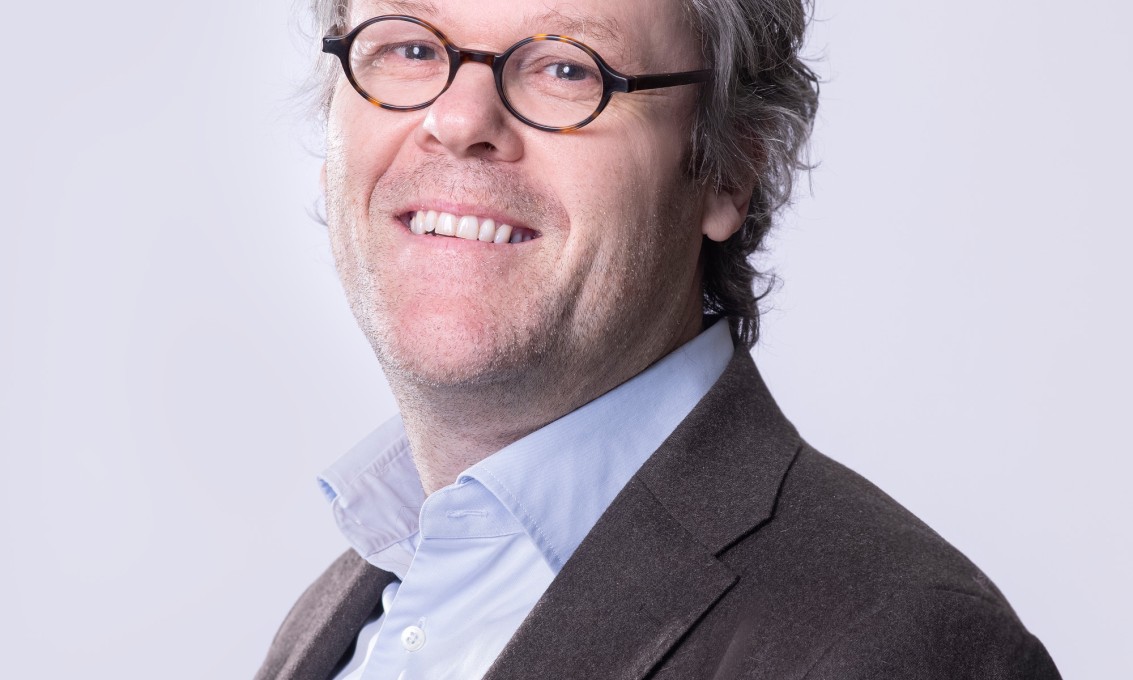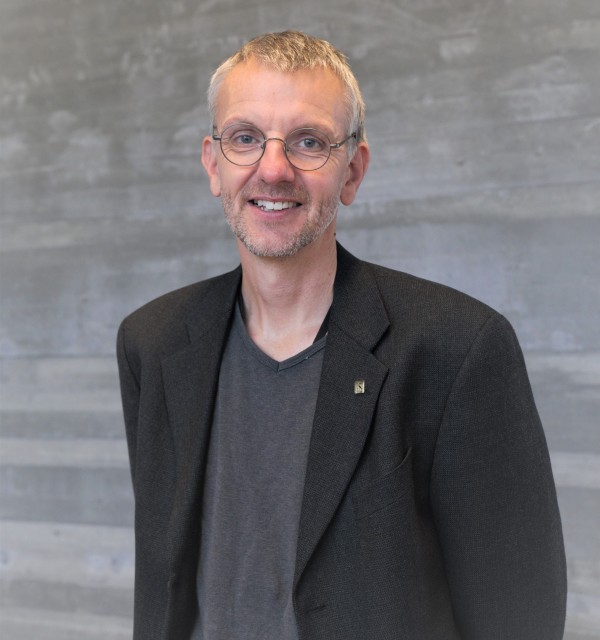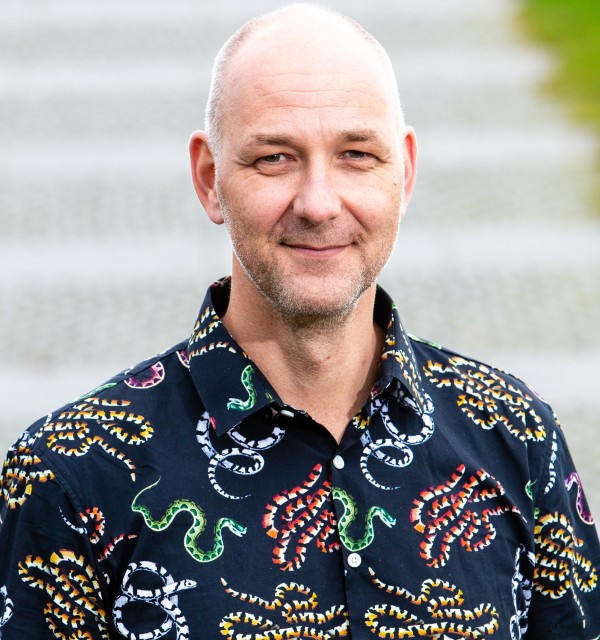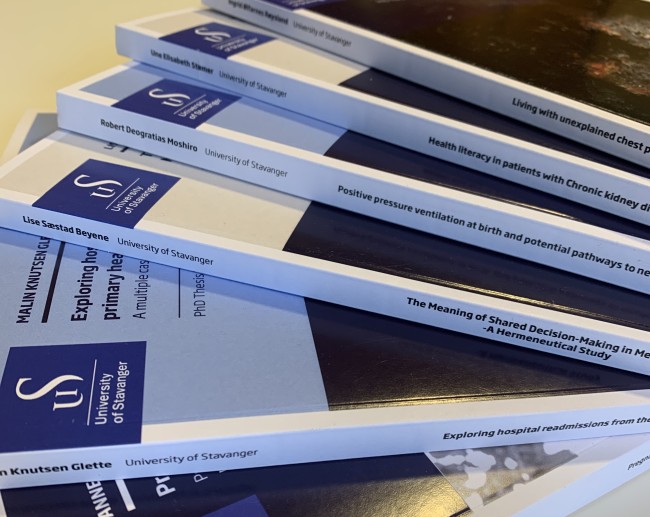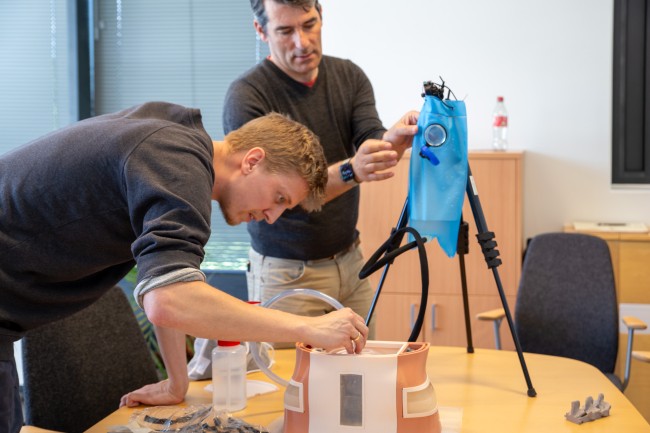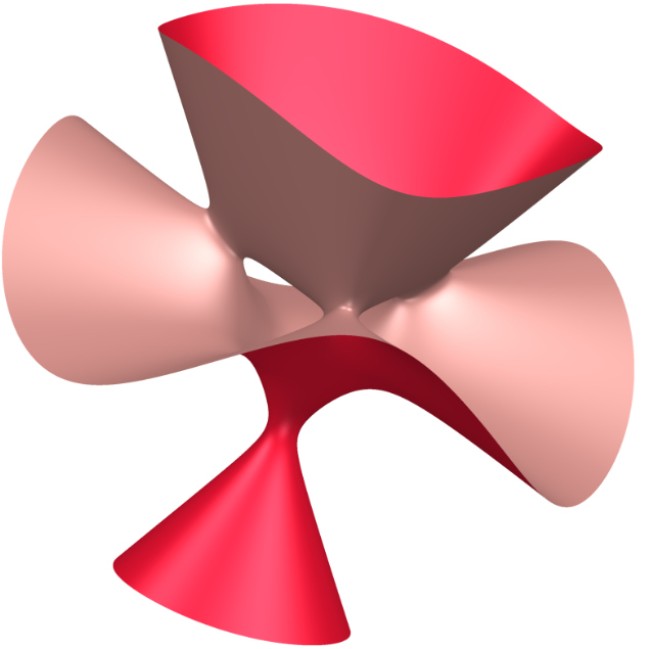
Faculty of Science and Technology
Ca. 520
Øystein Lund Bø
Ca. 3020
Approx. 500
Kjølv Egelands hus, level C (ground floor), Kristine Bonnevies vei 22, 4021 Stavanger
Building a sustainable future requires technology and science as foundational pillars.
Education and research
The faculty offers study programmes within science and technology fields. We offer doctoral and graduate-level programmes as well as undergraduate and master's level programmes.
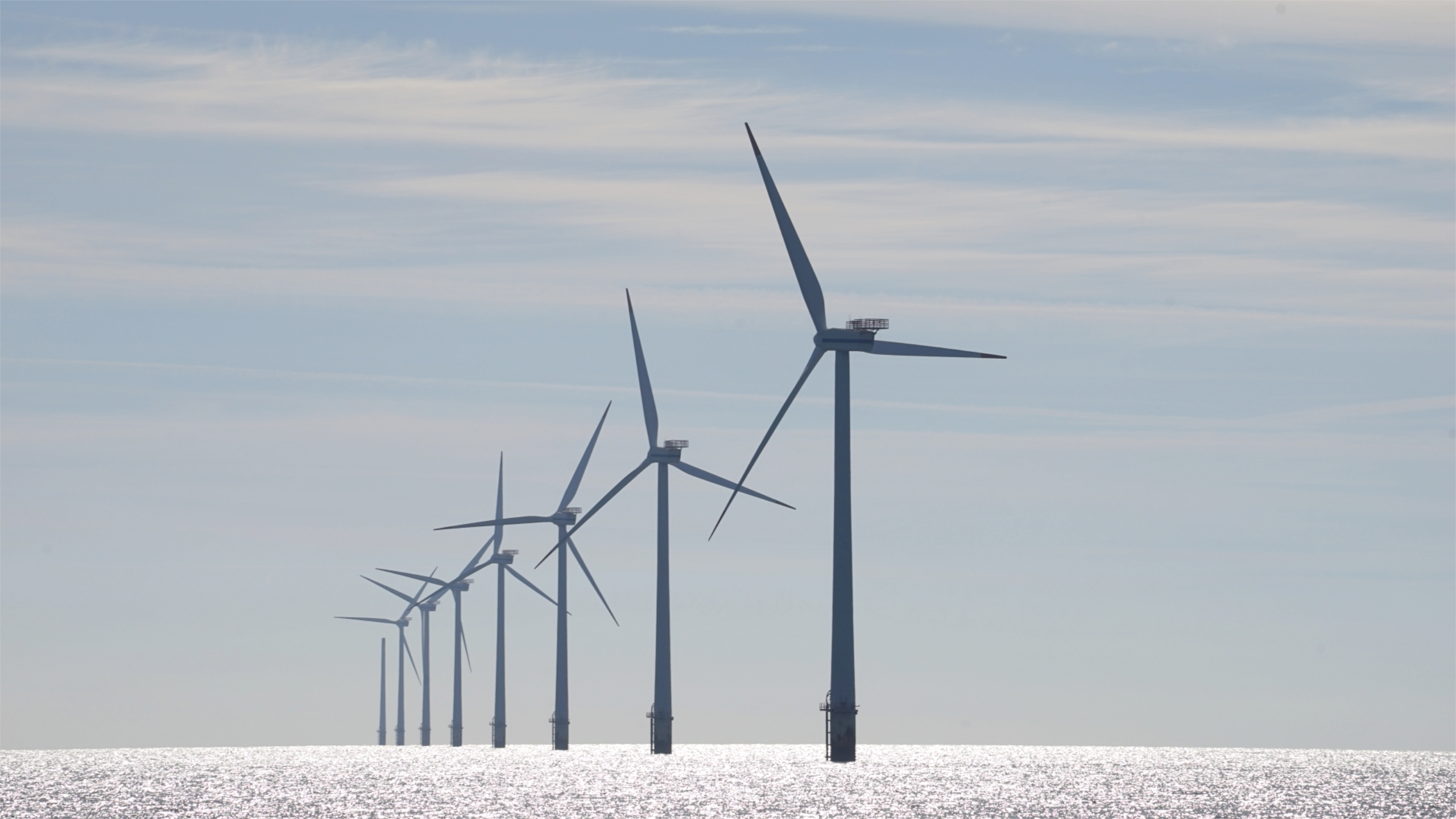
Some of the research conducted at the Faculty of Science and Technology is at the very forefront of scientific achievement in its respective areas. Research conducted at the faculty are on the following themes (2021-2030):
- Energy
- Ocean technology
- Health and technology
- Digital technology
- Safety
- In addition comes the emphasized goal on excellent research
Focus areas
The focus areas are strategically chosen to follow up changes in society and the need for new knowledge within our core areas: science and technology. They represent areas in society where the need for new skills and new technology are great. Within the thematic initiatives, the faculty has both academic weight and prerequisites for challenging the familiar and exploring the unknown.
Energy
This covers renewable energy, with a particular focus on ocean energy and geo-energy, carbon capture and storage, efficient energy systems, hydrogen, and battery technology and safe, efficient and environmentally friendly oil and gas extraction.
Ocean technology
This covers technology for the design and operation of marine structures for green energy extraction, aquaculture for sustainable food production, subsea mining and environmentally friendly and efficient transport.
Health and technology
This covers medical technology, biotechnology, biomedicine and medical statistics for safer and better diagnostics and treatment.
Digital technology
This covers artificial intelligence and robotic technology, data analytics, data security, network technology and blockchain technology.
Safety
Includes studies, theories and methods within risk management and community safety that contribute to the planning and construction of safe, sustainable cities and communities.
One goal for the thematic focus areas is to build up and develop more professional groups with high internationally recognized quality. More collaboration across disciplines, departments and with other faculties is important to succeed.
Management
Department of Mathematics and Physics
Faculty Administration TN
More from the faculty
Enhancing efficiency and sustainability in Lean Management
Daria Larsson defended her PhD thesis at University of Stavanger 11 April 2025.
Numerical modeling of monopile foundation removal process for offshore wind turbines
Soheil Salahshour Langeroodi conducted research on numerical modeling and analysis of offshore monopile foundation remov...
Research on urban wind and pedestrian wind comfort
Trond-Ola Hågbø defended his PhD thesis with the title “Towards Realistic and Efficient Computational Fluid Dynamics Sim...
Like tuning forks in space: A final pure tone reveals mysterious interior of neutron stars
Scientists at University of Stavanger and Goethe University Frankfurt have identified a new way to probe the interior of...
Over 1,000 applied for new AI course
1,123 applicants from all over Norway, aged 18 and over, both students and people in work, attended the new online cours...
Advancing the Hydrogen Economy: Unlocking the Potential of Salt Caverns
Hydrogen is increasingly recognized as a pivotal element in the transition to sustainable energy, crucial for mitigating...
Successful completion for PhDs at UiS' partner university
Together with Wallaga University in Ethiopia, UiS is part of the education project INDMEET (Institutional Network for De...
The Energy Central UiS
The Energy Central uses geothermal energy to produce and distribute heating and cooling to the entire Ullandhaug campus.
Design, Modelling and Analysis of Combined Wind and Wave Energy Systems for Intermediate Water Depths
Chern Fong Lee has conducted research on the numerical modelling of Combined Wind and Wave Energy Systems for Intermedia...
Celebrating PhD achievements in circular economy and supply chain innovation
Noorhan Firdaus Pambudi and Kartika Nur Alfina have successfully completed their doctoral projects in the Department of ...
Yara's Birkeland Prize 2024 to Song Lu
Yara’s Birkeland Prize for 2024 in chemistry was given to doctor Song Lu for his thesis titled “Transition-metal-mediate...
Design optimisation for floating offshore wind turbines
Anja Schnepf defended her PhD-thesis titled "Design optimisation of Power Cable Configurations for Floating Offshore Win...
1.5 million euro for research on fluid dynamics
Guang Yin is the first researcher at the University of Stavanger (UiS) to receive the European Research Council's award ...
He has 3D printed a training model for spinal anesthesia
Øyvind Time's master's thesis can help make everyday life easier for healthcare personnel who must learn how to take a f...
12 million for research in algebraic geometry
Professor Helge Ruddat has received NOK 12 million to investigate and classify the mathematical concept of Fano manifold...
Energy students awarded for their efforts
Repsol awarded a total of four prizes and NOK 120,000 to master students at University of Stavanger.
New methods for characterization of impurities in chalk
Tine Vigdel Bredal has investigated different methods for analyzing chalk at core level and right down to the smallest s...
UiS students won the Laurie Dake Challenge
Master students from University of Stavanger won the prestigious student competition during the geology conference EAGE ...
Numerical modelling of floating docks
Jianan Zhang has performed research on the numerical modelling of the floating docks. On 31 May, she defended her doctor...
